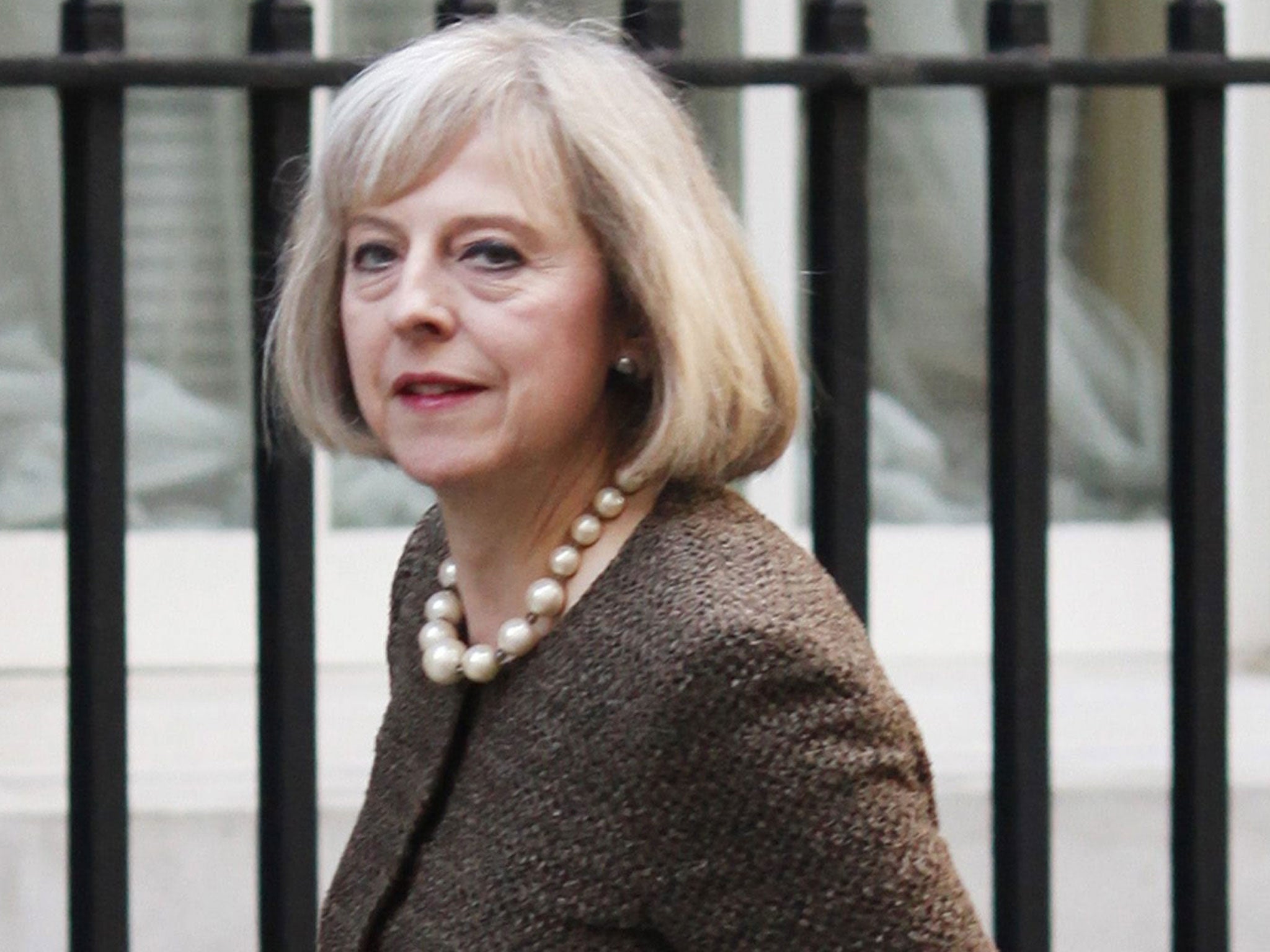After two years and millions of pounds, police computer plan is still in limbo
With no launch date in sight, company is set to be a costly ‘white elephant’, say critics

Your support helps us to tell the story
From reproductive rights to climate change to Big Tech, The Independent is on the ground when the story is developing. Whether it's investigating the financials of Elon Musk's pro-Trump PAC or producing our latest documentary, 'The A Word', which shines a light on the American women fighting for reproductive rights, we know how important it is to parse out the facts from the messaging.
At such a critical moment in US history, we need reporters on the ground. Your donation allows us to keep sending journalists to speak to both sides of the story.
The Independent is trusted by Americans across the entire political spectrum. And unlike many other quality news outlets, we choose not to lock Americans out of our reporting and analysis with paywalls. We believe quality journalism should be available to everyone, paid for by those who can afford it.
Your support makes all the difference.Theresa May’s attempts to set up a company to oversee police computers are destined to result in an “expensive white elephant”, it was claimed.
Nearly two years after the Home Secretary announced plans for the creation of a firm to help police drive down their information technology bills, no date has been fixed for its launch and no details released of how it will operate. Nor is there any indication of which police forces will sign up to the proposed organisation.
The Independent has learnt, however, that the Home Office has already run up a bill of almost £2m for lawyers’ and consultants’ advice over the company’s launch. The delays have raised doubts within the department over the chances of successfully getting the project off the ground following a long history of bungled Whitehall computer schemes.
Mrs May set out plans in 2011 for a Police ICT company owned and led by police chiefs to reform the “confused, fragmented and expensive” way in which forces use computer systems.
She said the firm would cut the £1.2bn spent by forces on information technology, freeing up chief constables to focus on the front line, and said it was her aim to form the company by spring 2012.
The intention is that it would be fully owned by the recently-elected police and crime commissioners and would sell its services to the 43 English and Welsh forces.
However, a series of parliamentary answers has made clear that little progress has been made, with no information on how many commissioners would need to take part.
But Damian Green, the policing minister, disclosed the Home Office had spent £1.8m on advice from consultants and legal experts over the firm’s formation. It has spent a further £358,000 on “infrastructure costs”.
David Hanson, the shadow policing minister, said: “It has all the signs of becoming an expensive white elephant. While the government has been happy to spend some £2m on consultants’ and legal fees for this company, they have also argued that it’s necessary to cut 15,000 police officers by the next election.”
The sums emerged as the Home Office faces a severe and continuing squeeze on spending. Mrs May has told Chancellor George Osborne that her scope for savings in the next spending round is severely limited.
The episode carries echoes of a succession of Whitehall computer fiascos in recent years.
The previous government spent £12.7bn on a computer programme for the National Health Service which was eventually scrapped, while the programme running Gordon Brown’s tax credit system was plagued with problems, resulting in many delays in payment.
There are also doubts whether the complicated system that will underpin the new Universal Credit, which is rolled out from Monday, will be able to cope.
A Home Office spokesman denied the new company was in crisis. He said: “The system needs reform to make it more efficient and better value for the taxpayer, but we will not repeat the mistakes of past governments in setting up a big ICT white elephant.
“The ICT company will buy computer technology more cheaply and to ensure systems work across forces. Our changes will mean the police can focus on crime-fighting.”
Subscribe to Independent Premium to bookmark this article
Want to bookmark your favourite articles and stories to read or reference later? Start your Independent Premium subscription today.
Join our commenting forum
Join thought-provoking conversations, follow other Independent readers and see their replies
Comments